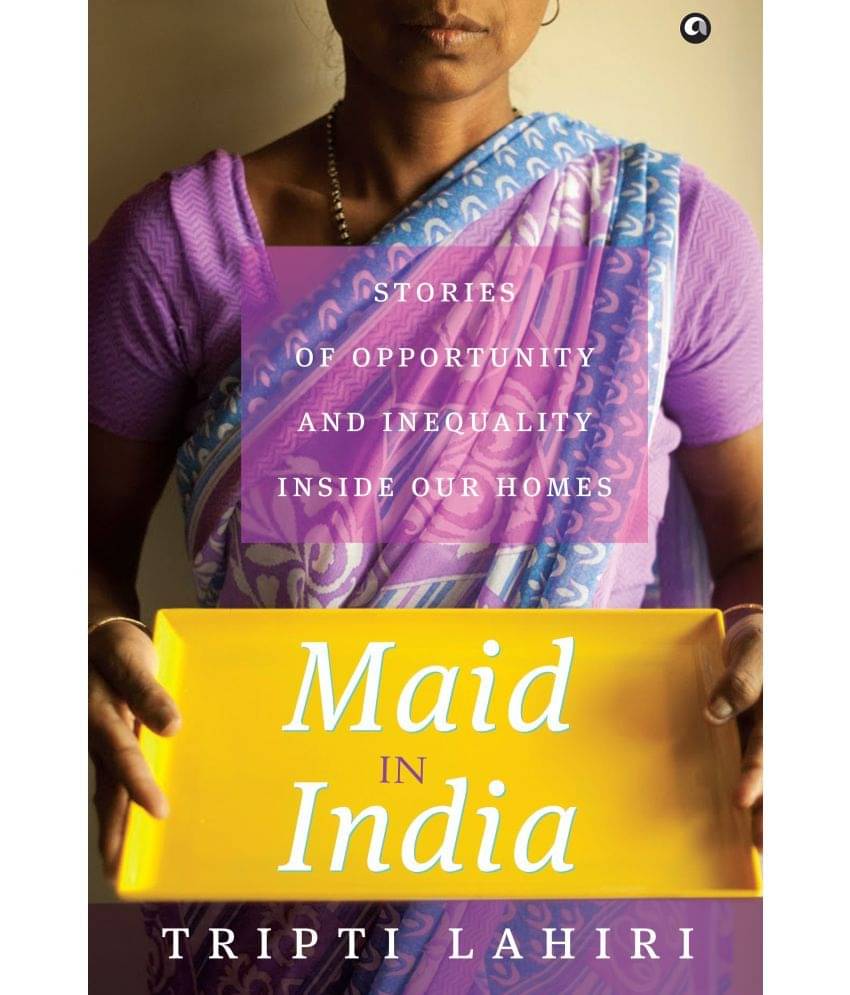Something went wrong. Please refresh the page and try again.
Something went wrong. Please refresh the page and try again.
Notifications can be turned off anytime from settings.
Item(s) Added To cart
Qty.0
Something went wrong. Please refresh the page and try again.
Something went wrong. Please refresh the page and try again.
Exchange offer not applicable. New product price is lower than exchange product price
Please check the updated No Cost EMI details on the payment page
Exchange offer is not applicable with this product
Exchange Offer cannot be clubbed with Bajaj Finserv for this product
Product price & seller has been updated as per Bajaj Finserv EMI option
Please apply exchange offer again
Your item has been added to Shortlist.
View AllYour Item has been added to Shopping List
View All

No Cost EMI of Zero Emi Vendor applied on the product
You selected EMI of for monthsChangeGenerally delivered in 5 - 9 days
Item is available at . Change
You will be notified when this product will be in stock
| ||||||||||||||
We eat first, they later, often out of food portioned out for them; we live in the front, they in the back; we sit on chairs and they on the floor; we drink from glasses and ceramic plates and they from ones made of steel set aside for them; we call them by their names, and they address us by titles: sir/ma’am, sahib/memsahib...\nEvery year, thousands of poor, illiterate, unskilled women flock to Delhi from villages across the country to work as domestic help. This is how Fullin from Athgama in rural Jharkhand, Lovely from a tiny settlement in Malda, Golbanu bibi from Doparia, Mae from Kokrajhar and a Santhali girl from Annabiri, in the heart of Maoist country—find themselves in the nation’s most powerful city, working for its richest people. This is how tycoons and refugees, politicians and orphans—India’s one per cent and her 99 per cent—rub shoulders every day, under the same roof.\nIn the not so distant past, everyone’s place— whether maid, ayah or cook, sahib or memsahib— was well understood. There were clear rules for negotiating (and maintaining) the vast chasm between the two sides. Today, it’s a little different. There are housekeepers who are part of the middle class who ensure their children join white-collar India. There are teenage girls brought to the city by ‘aunts’ and ‘uncles’ to serve as ‘24-hour’ help, who find themselves virtually, and sometimes literally, caged. There are employers who wrestle with the guilt of spending more on an Italian meal in a fancy hotel than on those who clean their homes— and other employers who insist ‘these people’ are all thieves.\nWith in-depth reporting in the villages from where women make their way to upper-class homes in Delhi and Gurgaon, courtrooms where the worst allegations of abuse get an airing, and homes up and down the class ladder, Maid in India is an illuminating and sobering account of the complex and troubling relations between the help and those they serve.
About the Author
Tripti Lahiri is the Asia editor of Quartz and is currently based in Hong Kong. In 2013, she was part of an award-winning Wall Street Journal team that reported in-depth on the law enforcement and judicial response to crimes against women in India. Before that she was the founding editor of the Journal’s India Real Time blog. She is a winner of a Society of Professional Journalists award for reporting on Bangladesh’s dangerous factories, and also of the Ramnath Goenka award for civic journalism. This is her first book.
The images represent actual product though color of the image and product may slightly differ.
Snapdeal does not select, edit, modify, alter, add or supplement the information, description and other specifications provided by the Seller.
Register now to get updates on promotions and
coupons. Or Download App